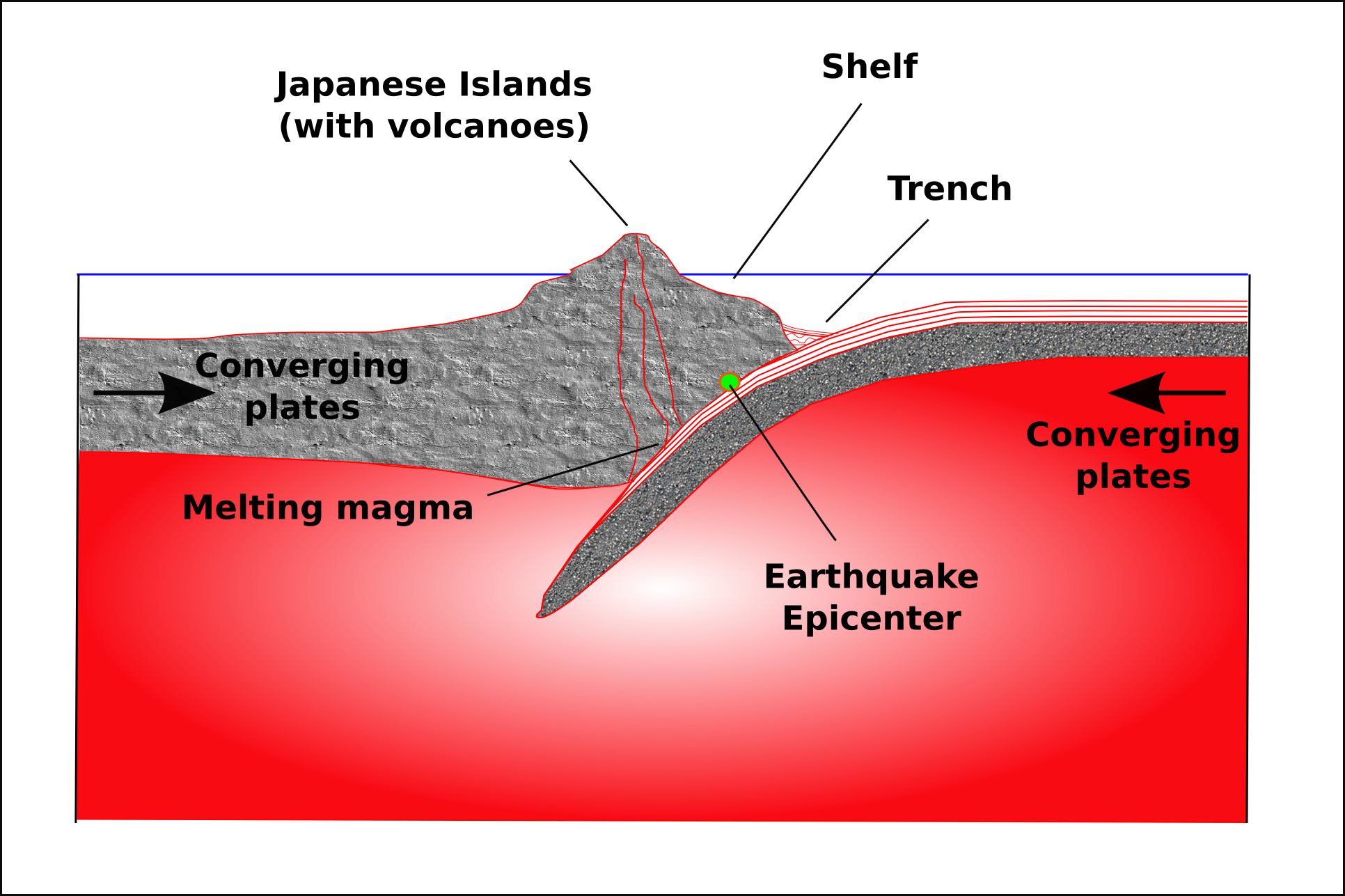
“Art in the Time of Hyperobjects.” It'll be at a special event with Judy Natal (who now resides in Biosphere II), Diana Liverman, William Fox and Alison Deming. The week is devoted to U-N-F-O-L-D: A Cultural Response to Climate Change.
Art in the Time of Hyperobjects
Timothy Morton
Tectonic plates, global warming, nuclear radiation, evolution. These are hyperobjects: entities that are massively distributed in time and space, at least relative to human scales. Hyperobjects appear in the human world as a product of our thinking through the ecological crisis we have entered. The ecological crisis is best thought as the time of hyperobjects. Why? Because this is the moment at which massive nonhuman, nonsentient entities make decisive contact with humans, ending various human concepts such as “world,” “horizon,” Nature and even “environment.”
Art in the time of hyperobjects isn't simply art “about” hyperobjects, but art that strives to evoke hyperobjectivity in its very form. I'll try to explore some of this art in my talk. In particular, I'll show how what we thought of as postmodern art is often better thought as the first stirrings of a truly ecological art. And why irony hasn't gone anywhere in the time of hyperobjects—in fact, it's even more poignant than ever.
William L. Fox: Prolific author, and Director of the Center for Art + Environment (http://artenvironment.ning.com)
Timothy Morton: Author and Professor, Dept. of English (Literature and the Environment at UC Davis, and active blogger
Diana Liverman: Co-Director of Institute of the Environment, U of Arizona, Tucson, Professor of Geography and Development, University of Arizona, visiting professor of Environmental Policy and Development, Oxford University, author of Climate Change: Risks, Challenges, Decisions among other articles, essays and books.
Alison Deming: Prolific poet, essayist, author, Professor in Creative Writing at the University of Arizona
2 comments:
Will you post the audio/video/text of this talk?
Yes, Jared, definitely.
Post a Comment